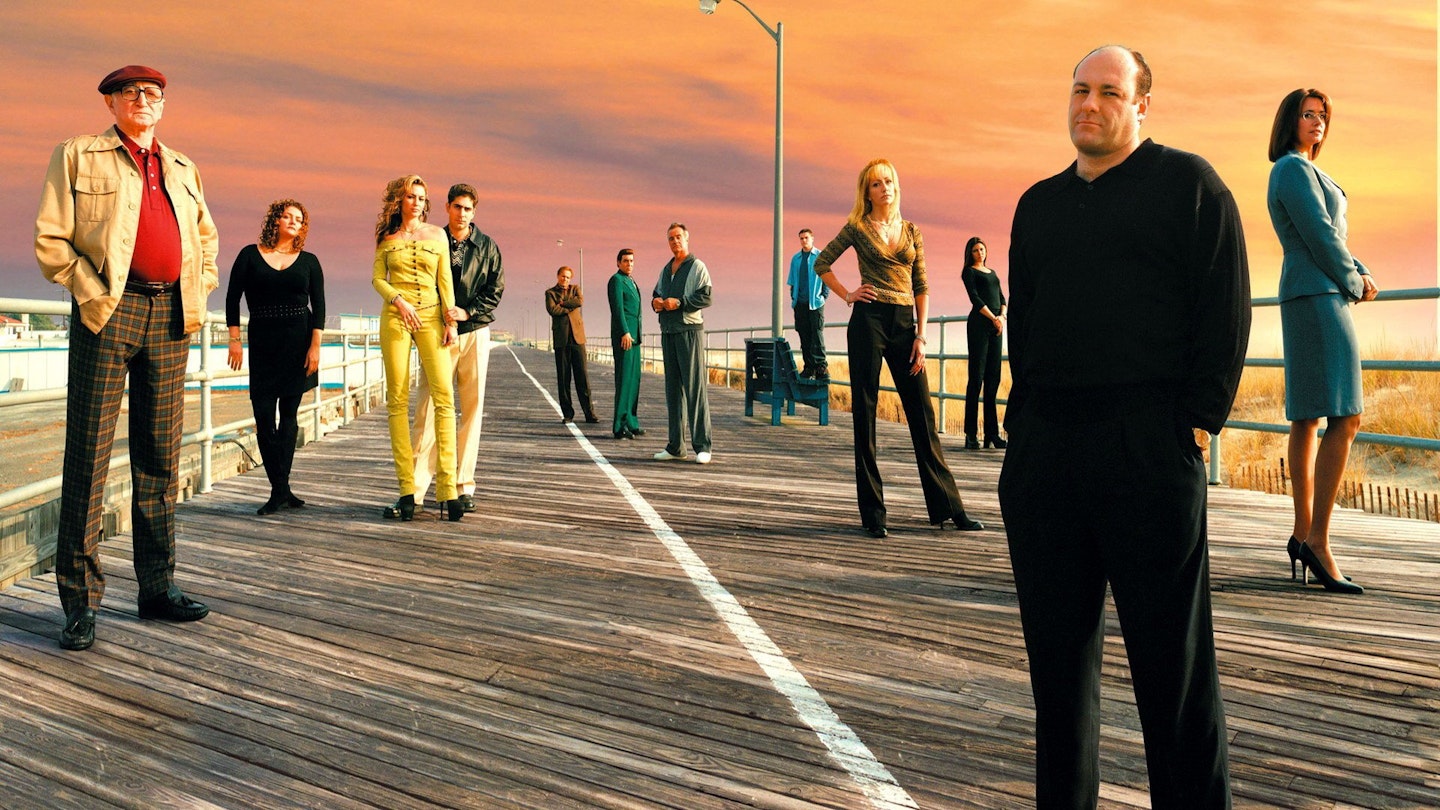In his new book Everything Bad Is Good For You, neuroscientist Steven Johnson argues that watching modern TV makes you smarter. Central to this loopy thesis is a drama that Johnson feels is first among equals: The Sopranos.
In Season Five of David Chases embarrassingly decorated drama of an ordinary, if dysfunctional, (mob) family, capo di tutti Tony Soprano (James Gandolfini) whacks a relative, develops feelings for his nephews fiancée, is haunted by dreams of his high-school football coach and befriends a bear. In other words, another five-course meal of sustenance for the mind.
Newcomers may struggle to see what all the fuss is about. As with the previous three seasons, this fifth batch of episodes is long on atmosphere and short on plot. Sixty-odd episodes in, and the Feds are still no closer to catching up with Tony; the rumble of a turf war between New York and New Jersey, meanwhile, remains distant thunder. Setting aside the signature, if infrequent, moments of stomach-churning violence, and Season Five is all rather low-key.
The secret of The Sopranos appeal, however, is in providing what Johnson calls a truly taxing cognitive workout. Where most TV dramas are resolutely linear and entirely shorn of ambiguity, The Sopranos is not just gratifyingly complex
it is borderline bewildering. Action moves forward in odd lurches as characters respond to puzzling, personal impulses. Why does the apparently reformed Tony B. (Steve Buscemi, a welcome season-long addition) suddenly launch a vicious and unprovoked attack on his massage parlour partner? We never find out. Tony Soprano may still share with Dr. Melfi (Lorraine Bracco), but Chase understands that dramas that pretend to penetrate the deepest mysteries of the human heart are a sham.
A not-unintentional legacy of The Sopranos refusal to signpost is a sense of dread that never once lifts. If true suspense is when you dare not guess what might happen next, then just watching James Gandolfinis volcanic Tony Soprano eat pizza is a mini-Hitchcock marathon, and when the real pay-off finally comes in the emotionally exhausting penultimate episode, Long Term Parking your fragile, overtaxed mind will be screaming for a well-deserved break.
